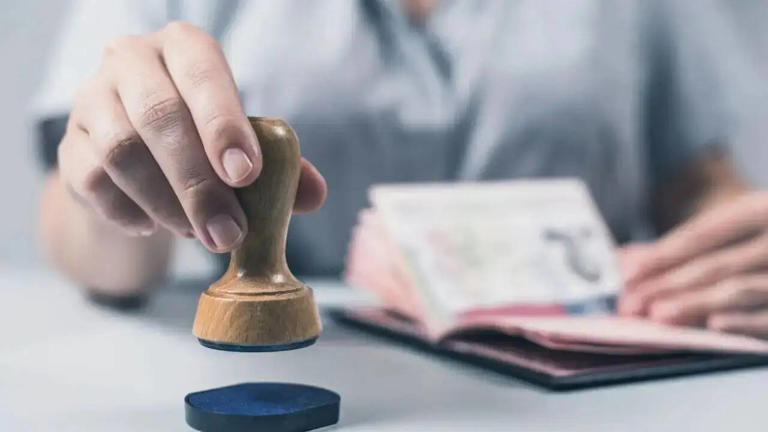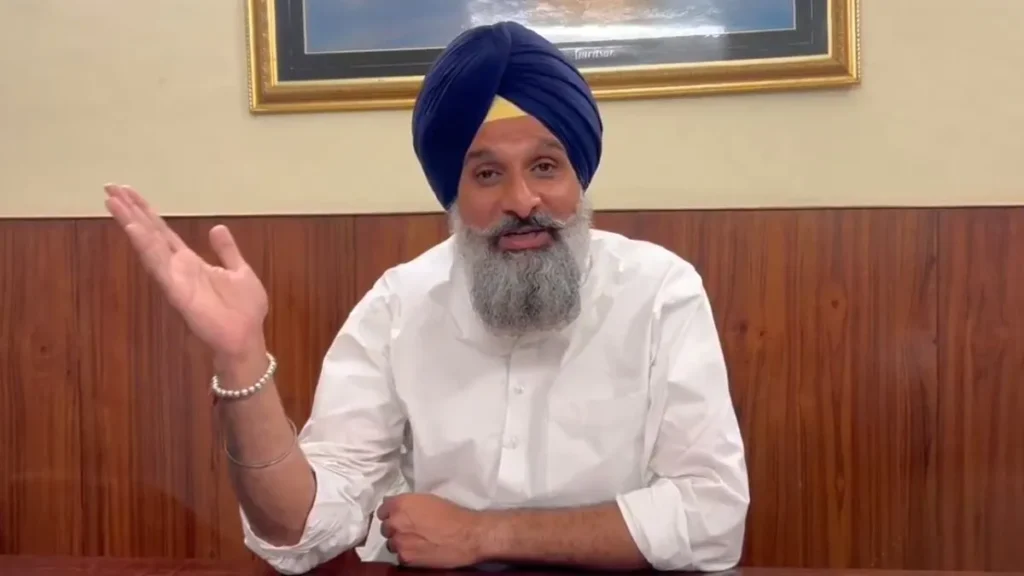India tells US: Stop judging visas by tweets, posts, and sarcasm
In a time when social media defines everything from friendships to geopolitics, the U.S. visa process has not remained untouched. In a significant diplomatic stance, India has raised objections to the United States’ practice of scrutinizing social media profiles of visa applicants. This includes mandatory disclosure of personal handles on platforms like Facebook, Twitter (now X), Instagram, and others—a move that has sparked unease in New Delhi.
#MEAbreifing || MEA Spokesperson Randhir Jaiswal says:
— All India Radio News (@airnewsalerts) June 26, 2025
On the guidelines regarding visa issues — visa and immigration matters pertain to the sovereign functions of any country. That said, we have seen the guidelines issued by the U.S. side — the U.S. Embassy here and the U.S.… pic.twitter.com/dZ9IemWqXV
The Ministry of External Affairs recently conveyed its concerns, arguing that visa applications should be evaluated solely on the basis of merit, such as academic records, employment history, and legal compliance. With over 1.2 million Indian citizens in the U.S. and hundreds of thousands applying annually, India’s warning could have considerable diplomatic and logistical consequences.
Why India Wants Merit, Not Media, to Drive Visa Decisions
India’s position rests on three pillars: privacy, fairness, and bilateral trust. According to Indian diplomats, social media vetting introduces an unpredictable and subjective layer to an already complex visa process. “A single sarcastic post or an old meme should not define someone’s eligibility,” remarked an anonymous senior MEA official during policy consultations.
Indian officials believe that such digital profiling can unfairly penalize students, professionals, and tourists who may have expressed political opinions online or shared satirical content. With global concerns over algorithmic bias, misinterpretation of content, and invasion of privacy, India’s message is clear—keep visas about merit, not metadata.
The concern is particularly urgent for Indian students, who form the second-largest group of international students in the U.S., and IT professionals under H-1B visas, who fuel the American tech sector. A delay or denial based on vague social media red flags could deter talent and strain one of the strongest bilateral ties in the world.
Moreover, Indian officials hinted that excessive surveillance of social media handles could send a negative signal to citizens who value privacy and freedom of expression—two principles protected under Indian constitutional values. In their view, visa decisions should not become instruments of soft censorship or digital discrimination.
While the U.S. argues that such measures are essential for national security, India insists that a balance must be struck. In its official communication, India has requested that the U.S. review the scope and use of social media data in visa processing and limit its impact on genuine, law-abiding applicants.





















